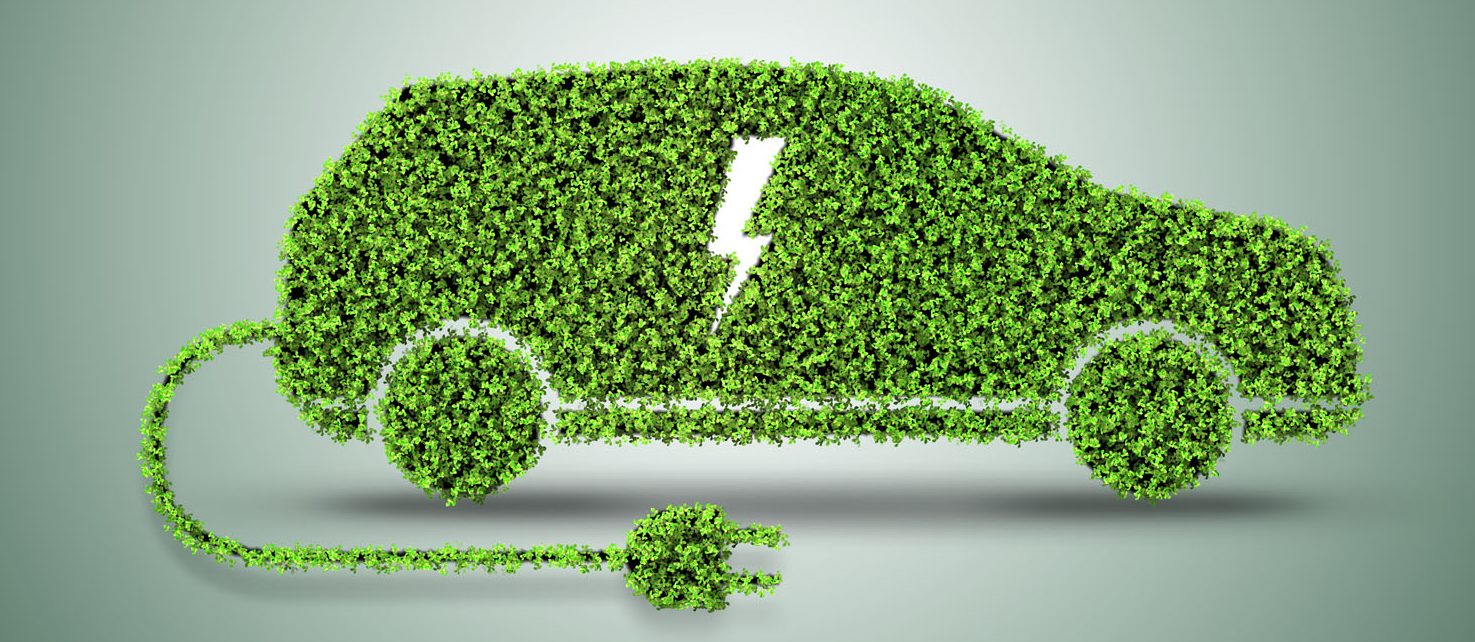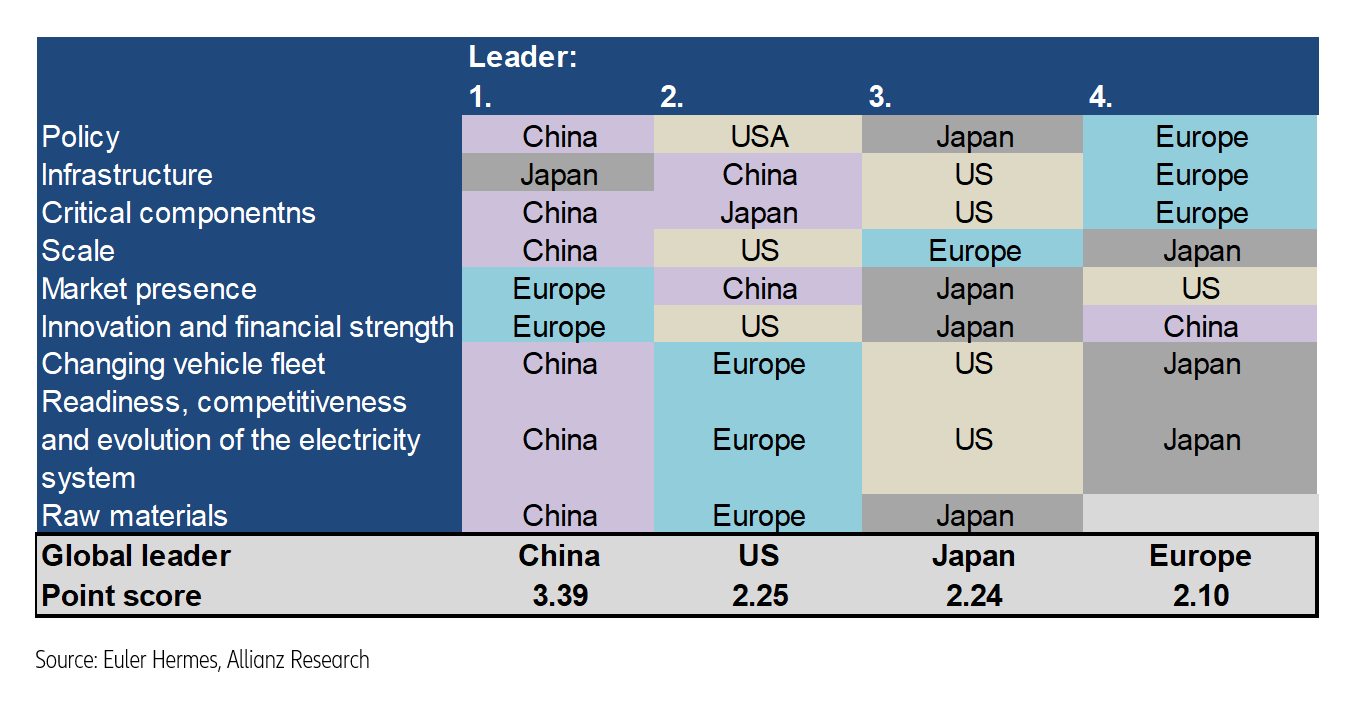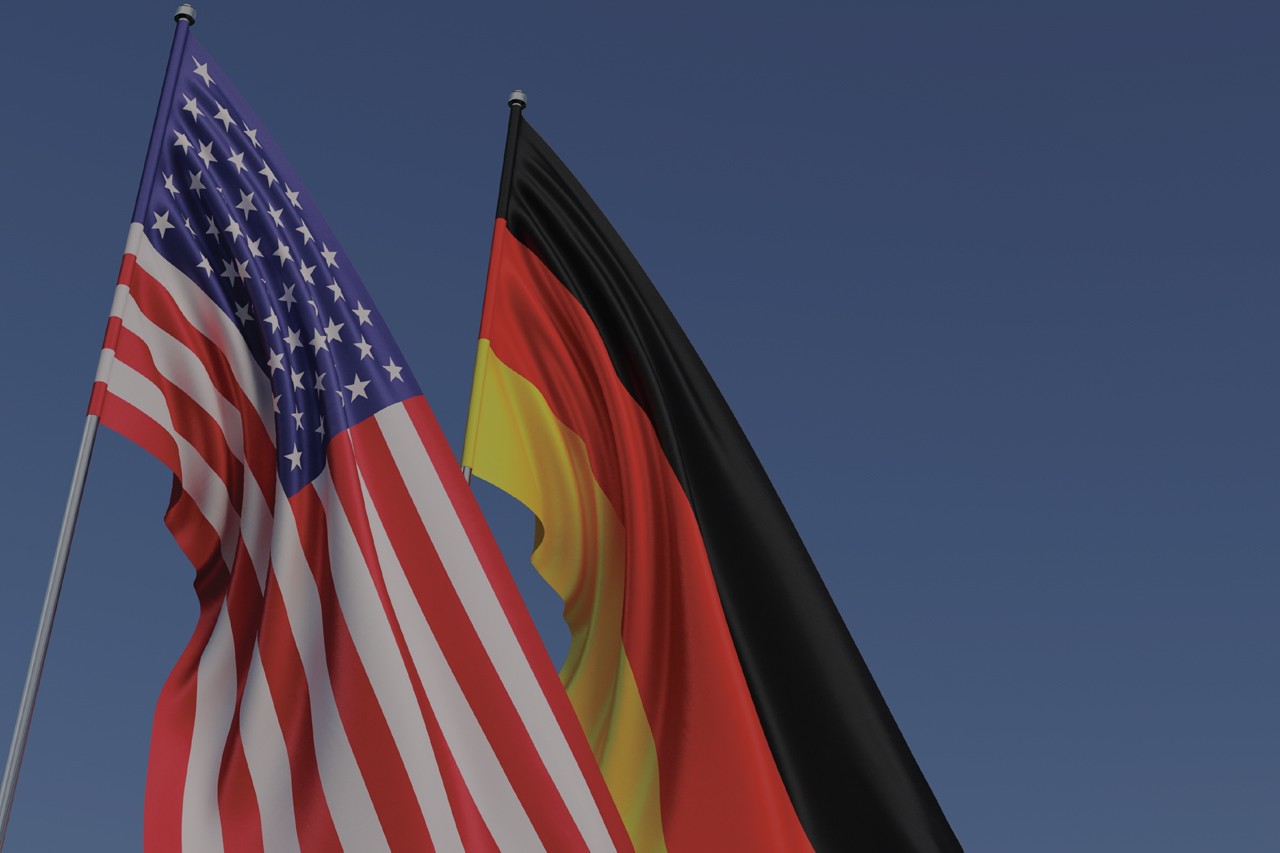Which new EV models succeed and which don’t, is a question that will be answered as the launches unfold. But automakers with a busy launch calendar stand greater chances of success. In this, Europe leads with 130 of a total of 350 global upcoming EV launches. The numbers, however, must be seen in context - some of this can be attributed to a late start and a subsequent ‘catch-up’ effort on the part of European automakers.
Europe may be late to the EV party but there’s no reason it can’t grab the audience’s attention.
“For starters, Europe must develop a stronger policy framework,“ says Hillenbrand-Saponar. “Financial incentives have proven to be the most effective tool in this and other sectors in various regions.”
Without roads, there would be no cars. Without enough charging stations, it’s unrealistic to expect roads full of EVs. Europe needs to move to develop its green mobility infrastructure...and fast! Other than investment support, the ease of planning and getting permissions for charging stations could boost infrastructure.
It’s true that Europe lacks the component-production might of China. However, it’s nothing that cross-national partnerships cannot fix. Add to that financial incentives for setting up capacity - particularly for batteries - and higher levels of recycling and the availability of components might not be a question anymore.
In the end, however, it’s the ultimate user of any mobility concept that decides whether it becomes daily life or not. From benefits such as free parking, priority areas and city access to remuneration models that allow owners to benefit from energy market opportunities, much can be done to incentivize EV adoption.
From mean machines to green machines, the winds of change are blowing in the auto sector. Whether the winds will go east or stay in the west, remains to be seen.




